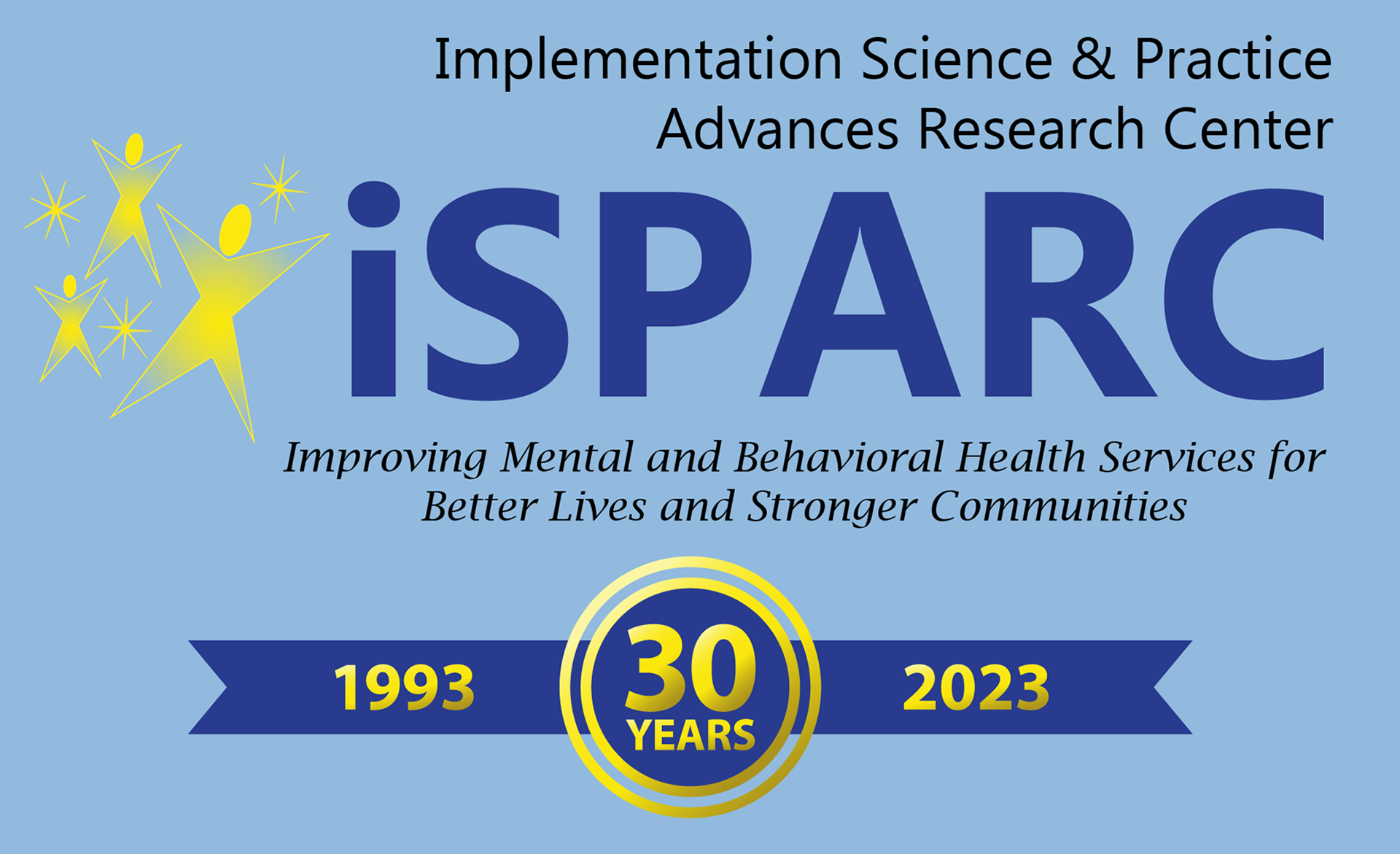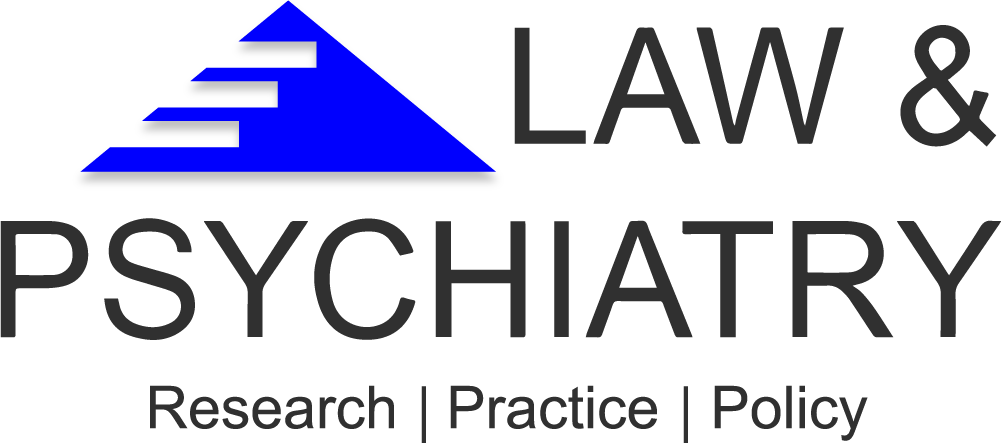Law and Psychiatry Program

The Law & Psychiatry Program is an interdisciplinary collaboration of UMass Chan Medical School faculty and staff devoted to forensic clinical services, research, data-driven policy, training, and implementation support, at the interfaces of the behavioral sciences, psychiatry, psychology, and the law. The Law and Psychiatry Program was initiated in 1985 by Paul S. Appelbaum, MD, and eventually was directed by Thomas Grisso, PhD (2005-2014). Ira Packer, PhD, ABPP, and Gina Vincent, PhD, became the Program Co-Directors in 2014.
The Law & Psychiatry Program is currently co-directed by Natalie Anumba, PhD, DFP, ABPP, for the clinical side, and Gina Vincent, PhD, for the research and implementation support side. For more information see our website.
Meet the Team:

Gina Vincent, PhD
Professor of Psychiatry & Co-Director of L&P Program

Spencer Lawson, PhD
Assistant Professor of Psychiatry

Jennifer Pendleton, MS
Research Coordinator II

Namita Railkar, MS
Research Coordinator I

Amy Thorton, BBA
Project Manager I
Major Accomplishments:
The MAYSI-2 is a brief screening tool for identifying potential behavioral health needs of youth at entry points in juvenile justice settings (diversion, probation, detention, corrections). It was designed for easy use by juvenile justice personnel. Administration and scoring require about 10-15 minutes. Youth respond (yes/no) to 52 items, and their answers lead to scores on seven scales representing types of potential behavioral health problems. Using a set of decision rules, MAYSI-2 scores help staff identify youths who may need immediate intervention (e.g., suicide precautions) or who require further clinical assessment to verify their special mental health needs.
Introduced 20 years ago, the MAYSI-2 has become the most widely used mental health screening tool in juvenile justice settings in the U.S. It is used in all states and in two-thirds of the states in all detention, probation, or corrections facilities. Over 100 scientific studies have been published examining the MAYSI-2’s reliability, validity, and utility in identifying behavioral health needs of youth in juvenile justice.
Research:
Building Equity in Objective Prison Classification: A Model for Reducing Racial and Ethnic Disparities
Dates: 1/1/2024-12/31/2027
Funder: National Institute of Justice (NIJ)/W.E.B. Du Bois Program of Research on Reducing Racial and Ethnic Disparities in the Justice System
Project Team: Spencer G. Lawson (PI), PhD, Gina M. Vincent (Co-I), PhD, and Namita Railkar, MPH
Description: The Law & Psychiatry Program was awarded a National Institute of Justice grant through the W.E.B. Du Bois Program of Research on Reducing Racial and Ethnic Disparities in the Justice System. The project will focus on building a scalable method for achieving racial and ethnic equity in objective prison classification, which investigators intend to disseminate to correctional agencies nationally via a collaboration with the National Institute of Corrections.
The goals of this four-year project are to collaborate with the Massachusetts Department of Correction to:
- examine the magnitude and drivers of racial and ethnic disparities in their Objective Point Base Classification System
- facilitate adjustments to their classification system to reduce observed tool bias and disparities
- pilot the adjustments to evaluate their differential (or equitable) impact on custody level placements and access to programming, both of which impact the length of incarceration
- design a generalizable Building Equitable Objective Prison Classification Toolkit to guide correctional agencies nationally to build or improve their existing prison classification systems with an equity lens, while still preserving public safety and institutional security
Creation and Validation of a Detention Screening Tool for Risk of Serious Harm
Funder: Colorado Division of Youth Services
Dates: 7/1/2022-6/30/2025
Project Team: Gina Vincent, PhD (PI), Karlie Rice, MA, Jennifer Pendleton, MA, & Spencer G. Lawson, PhD
Description: Researchers are partnering with the CO Division of Youth Services to develop and validate an innovative detention screening tool to detect substantial risk for serious harm among youth considered for short-term, pre-trial detention. The tool will be implemented across the state to inform decisions about who should be held in detention versus managed in the community while awaiting trial in an effort to decrease the use of unwarranted confinement and racial disparities.
Improving Implementation of Risk-Need-Responsivity: Service Accessibility for Justice-Involved Transition Age Youth with Serious Mental Health Conditions
Dates: 9/01/2024 - 8/31/2026
Funder: National Institute on Disability, Independent Living, and Rehabilitation Research
Project Team: Gina M. Vincent (PI), PhD, Spencer G. Lawson (Co-PI), PhD, and Jennifer Pendleton, MA
Description: This mixed-methods study aims to assess the implementation of Risk-Need-Responsivity (RNR) in reducing reoffending and enhancing community participation among young adults with mental health concerns who have been involved in the criminal-legal system. RNR involves evaluating individuals' reoffending risk factors, addressing those risk factors that underly their criminal behavior, and tailoring services to their specific needs, including mental health conditions when applicable.
The research objectives include:
- identifying gaps in matching services to risk factors (needs)
- understanding implementation barriers and facilitators at system, provider, and participant levels
- proposing practical solutions
- examining how these barriers and solutions differ between rural and urban communities. By addressing these objectives, the study aims to offer insights into enhancing community participation of young adults involved in the legal system in rural and urban communities by improving accessibility to risk-reduction and mental health services
Pretrial Risk Assessment: Behavioral Health and Racial Equity
Dates: 7/1/2022 - 12/31/2024
Funder: John D. & Catherine T. MacArthur Foundation (sub-award from Policy Research Associates)
Project Team: Gina Vincent, PhD (PI), Spencer G. Lawson (Co-I), Emma Narkewicz, MPA, Brenna Giordano, PhD (statistics consultant)
Description: This is a partnership with a network of researchers to examine the potential for different types of pretrial risk screening and assessment tools to reduce disparities in carceral decisions by race, and the presence of mental health or substance use concerns. The Law & Psychiatry Program is partnering with multiple juvenile justice and criminal-legal agencies to examine the impact of risk tool characteristics on system uptake and the presence or absence of instrument bias by race, mental health, and substance use concerns.
Access the Brief and Podcast "Data Points: Bringing Data to the Debate on Risk Assessments"
The Youth Protective Factors Study: Effective Supervision and Services Based on Risks, Strengths, and Development
Funder: National Institute of Justice, Grant #2020-JX-FX-0005
Dates: 1/1/2021-12/31/2024
Project Team: Gina Vincent, PhD (PI), Jennifer Skeem, PhD (Co-I), Josh Weber, MA (Co-I), Karlie Rice, MA, Jennifer Pendleton, MA, Kayla Carew, BS, Luyi Jian, PhD (statistics consultant)
Description: Many jurisdictions use risk/needs assessments to guide key juvenile justice decisions. But little is known about whether youth’s strengths or “protective factors” reduce their risk of reoffending; how these factors can best be assessed; and the resulting implications for case planning, service delivery, and resource allocation. As policymakers' concerns about youth crime and violence grow, it’s critical that juvenile justice systems focus resources on youth who are at the highest risk of seriously reoffending. Likewise, jurisdictions must use resources efficiently to tailor supervision and service strategies to best meet these youth’s needs—and potentially increase their protective factors—in ways that promote long-term public safety.
The Youth Protective Factors Study seeks to help systems achieve this goal by answering the following key questions:
- What risk factors best predict reoffending, particularly violent reoffending, for youth of different ages?
- Which protective factors are most important for recidivism reduction?
- What services—risk-reduction and/or strengths-enhancing—are most effective in reducing violent reoffending, and how do these vary for youth of different ages?

